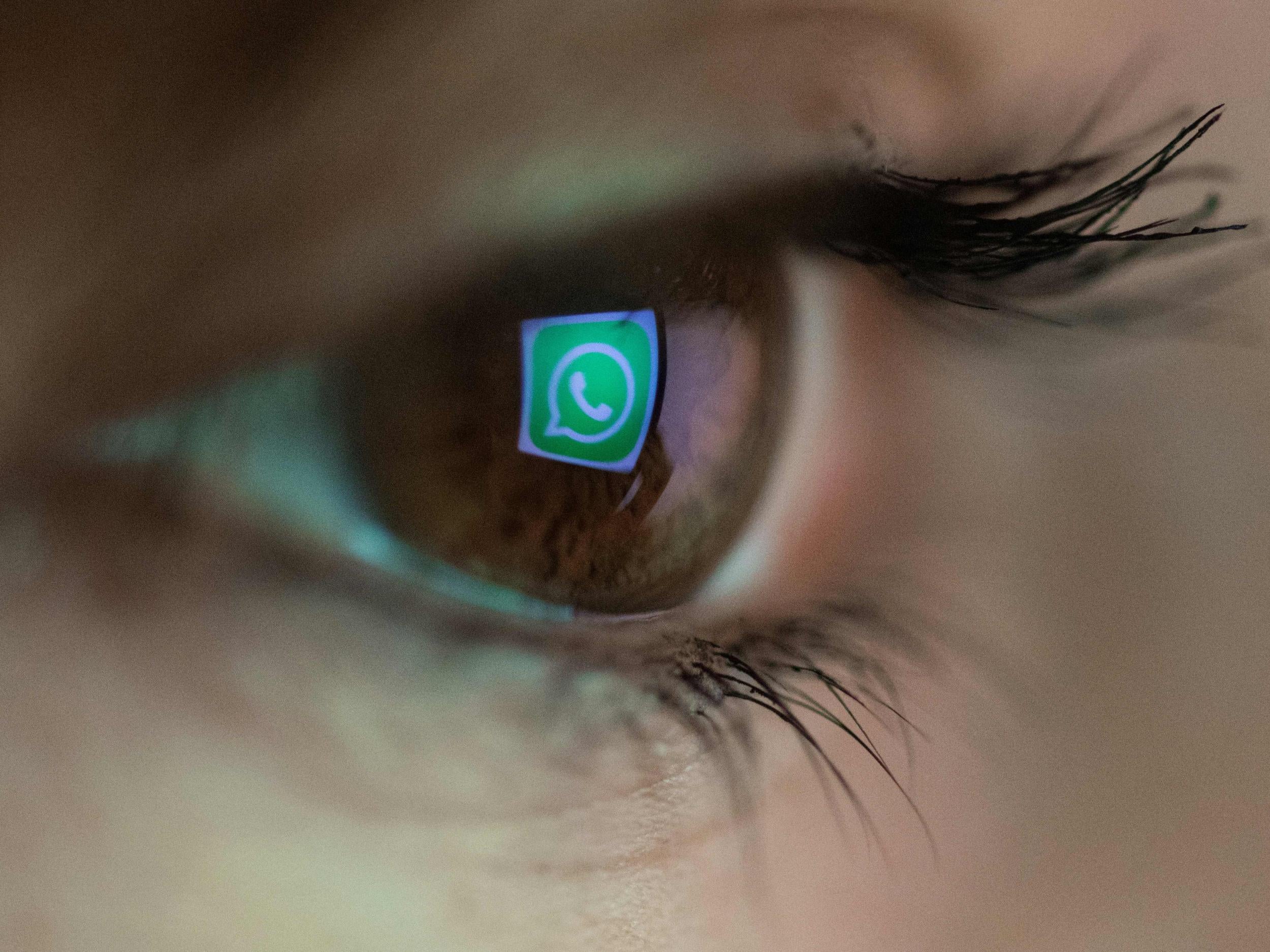WhatsApp is hotbed for child sex abuse videos in India, study finds
Dozens of public groups with hundreds of members operated on the popular app

Your support helps us to tell the story
From reproductive rights to climate change to Big Tech, The Independent is on the ground when the story is developing. Whether it's investigating the financials of Elon Musk's pro-Trump PAC or producing our latest documentary, 'The A Word', which shines a light on the American women fighting for reproductive rights, we know how important it is to parse out the facts from the messaging.
At such a critical moment in US history, we need reporters on the ground. Your donation allows us to keep sending journalists to speak to both sides of the story.
The Independent is trusted by Americans across the entire political spectrum. And unlike many other quality news outlets, we choose not to lock Americans out of our reporting and analysis with paywalls. We believe quality journalism should be available to everyone, paid for by those who can afford it.
Your support makes all the difference.WhatsApp users in India are using chat groups to share child sexual abuse images and videos within the popular messaging app, an investigation has revealed.
Researchers at online security think tank Cyber Peace Foundation (CPF) uncovered dozens of WhatsApp groups with hundreds of members viewing and sharing the content.
The groups have since been shut down after the researchers alerted WhatsApp, but while active they were reportedly operating as public groups discoverable by anyone.
CPF's investigation, which took place over two weeks in March, is not the first time WhatsApp has been linked to the transmission of child sexual abuse material.
In December, Israeli researchers revealed that WhatsApp groups with up to 256 people were openly sharing videos and pictures of children subjected to sexual abuse. In 2017, an investigation led by Spanish police led to the arrest of 38 people in 15 countries suspected of using WhatsApp to circulate child sexual exploitation materials.
A WhatsApp spokesperson did not respond to a request for comment from The Independent on what measures it was taking to shut the groups down following the latest investigation. The firm has previously said it has a "zero-tolerance policy" for accounts sharing "this vile content".
A comment provided to Indian daily newspaper The Economic Times stated: "WhatsApp cares deeply about the safety of our users and we have no tolerance for child sexual abuse."
It continued: "We rely on the signals available to us, such as group information, to proactively detect and ban accounts suspected of sending or receiving child abuse imagery. We have carefully reviewed this report to ensure such accounts have been banned from our platform."
According to WhatsApp's own figures, the Facebook-owned app bans around 250,000 accounts each month for sharing child abuse images and videos. With an estimated 1.5 billion monthly active users, this represents around 0.01 per cent of worldwide users.
Join our commenting forum
Join thought-provoking conversations, follow other Independent readers and see their replies
Comments